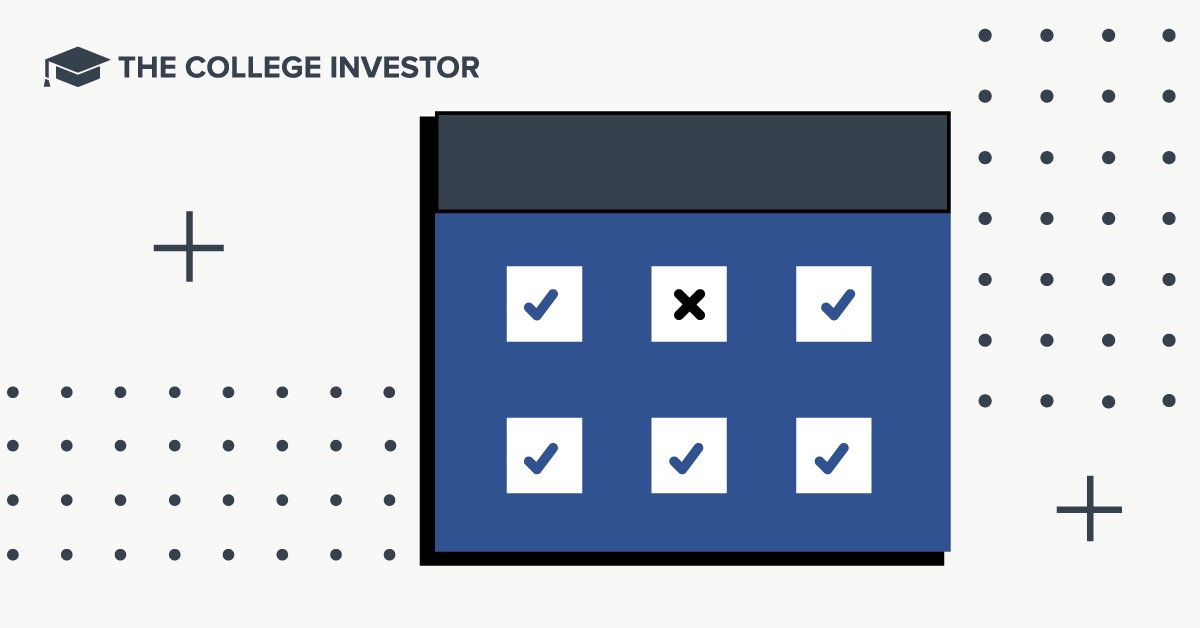
Applying to college may be the most stressful thing you’ve encountered in your life so far. Depending on the college you’re applying to, you may have to submit grade transcripts, test scores, evidence of extracurricular activities, essays, and references.
But one thing that colleges will almost never ask you about is your high school attendance.
It’s important to note that many high schools do include attendance information as part of your grade transcript. However, in almost all cases, colleges will not look at your high school attendance record.
Do Colleges Look At Your Attendance?
While it’s true that most colleges will not look at your high school attendance or tardiness records, that doesn’t mean attendance isn’t important.
You likely won’t have to record your previous attendance on your college application, but your attendance (or lack thereof) can manifest itself in other ways which may affect your chances of being accepted into college.
When Absence And Tardiness Become Extreme
Put another way, college admissions departments are not going to care that you had a doctor’s appointment that caused you to miss 7th period math class, or that you showed up late to biology because you were talking to the school counselor. But if you have an extreme record of absence and/or tardiness, that may be something that college admissions departments may notice or consider. Also, it may impact other things that ARE included on college applications.
Perhaps the most obvious scenario where absence can affect your chances of being accepted into college is if extended absence or tardiness starts impacting your grades. While it is not a certainty that poor attendance will lead to poor grades, the two are generally correlated. Extremely poor attendance or tardiness can also impact your ability to actively participate in extracurricular activities.
What Colleges Look For In Admissions
Most colleges take a holistic approach to the admissions process. This means that rather than putting undue weight on any one area of the application, they look at the big picture for each applicant. While some universities may have a minimum GPA or test score requirement, they may not take the students with the absolute highest grades and/or test scores.
Instead, many college admissions departments look at how each of these factors work together. As part of this holistic admissions process, colleges do not typically care about a small number of absences. However, if you have a large amount of absences (more than 20 or 30 in one school year), ESPECIALLY if that also impacted your grades or other activities, it may make sense to explain any extenuating circumstances on your application. Perhaps you had severe medical issues or family circumstances that impacted your school attendance. While you don’t need to write a long “woe is me” explanation, it can make sense to give a short explanation of the situation and state what you’ve learned from the situation.
How To Prepare For College Attendance
While the fact that colleges aren’t going to look at your high school attendance mark might help you out if your attendance isn’t great, it also means that you won’t get any bonus marks for having perfect attendance. No matter what your attendance record is in high school, now is a good time to start preparing for the differences between attendance in high school and college.
In high school, attendance is generally mandated by law and required. You may have to provide a written excuse for any absence or tardiness, and unexcused absences may be punished. In college, the opposite is generally true. While some classes may require attendance, most college professors do not take attendance and do not care if you are in class or not. While that might SOUND great, many college freshmen take a lax approach to actually going to class and get a rude awakening come exam week.
The Bottom Line
In summary, the most common things you’ll need to provide on college applications include your grades, test scores, personal essays, and extracurricular activities, not your high school attendance.
Most colleges take a holistic approach to the admissions process, which means that they look at the bigger picture of each applicant. So while they may not be counting up your unexcused absences, they are likely to notice if you have an extreme amount of absences that are affecting your grades, test scores, or participation in extracurricular activities.

